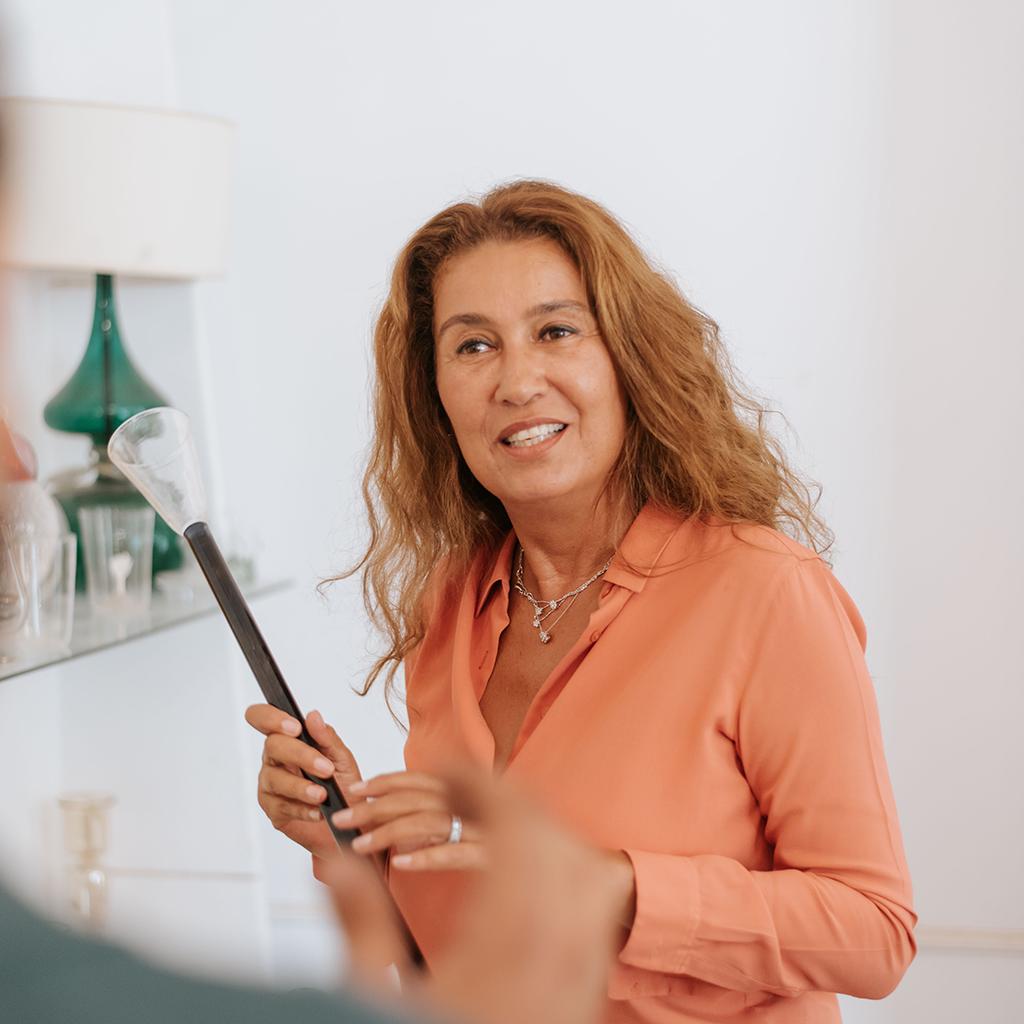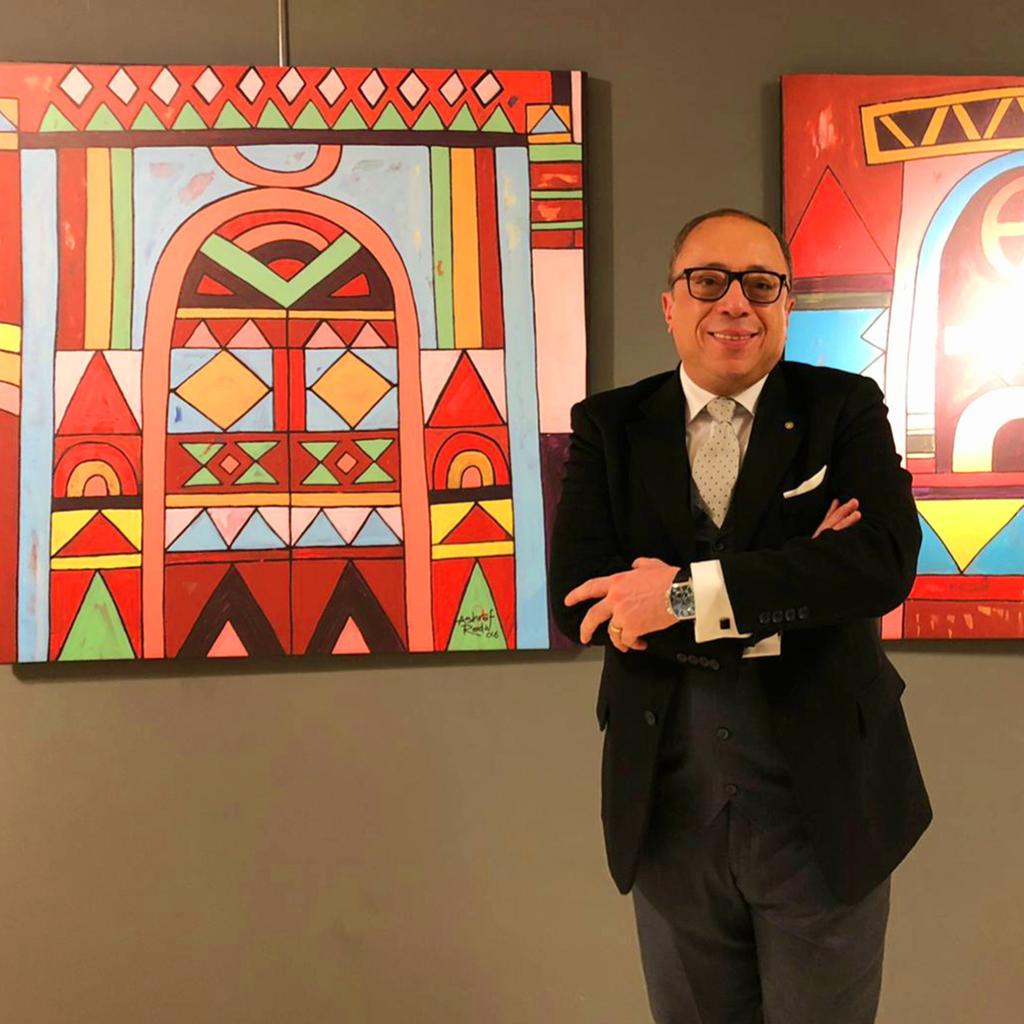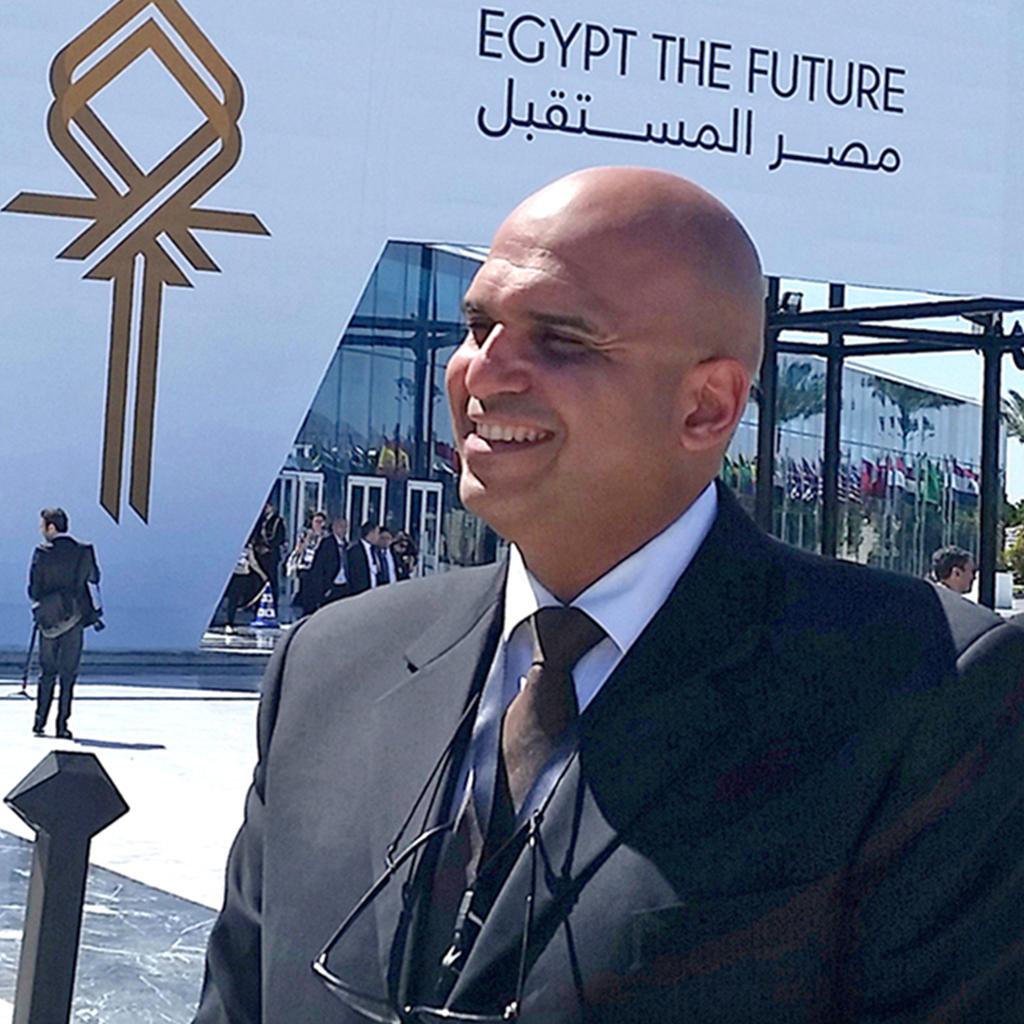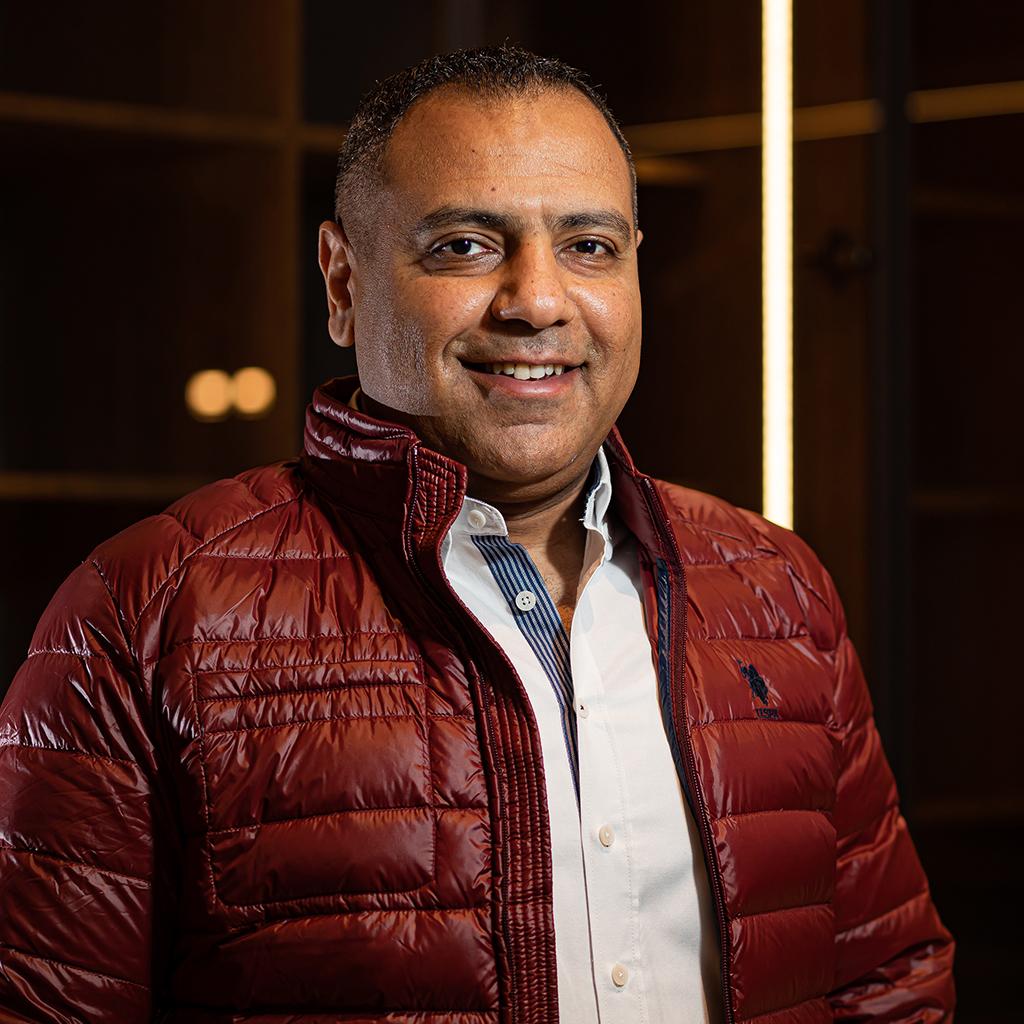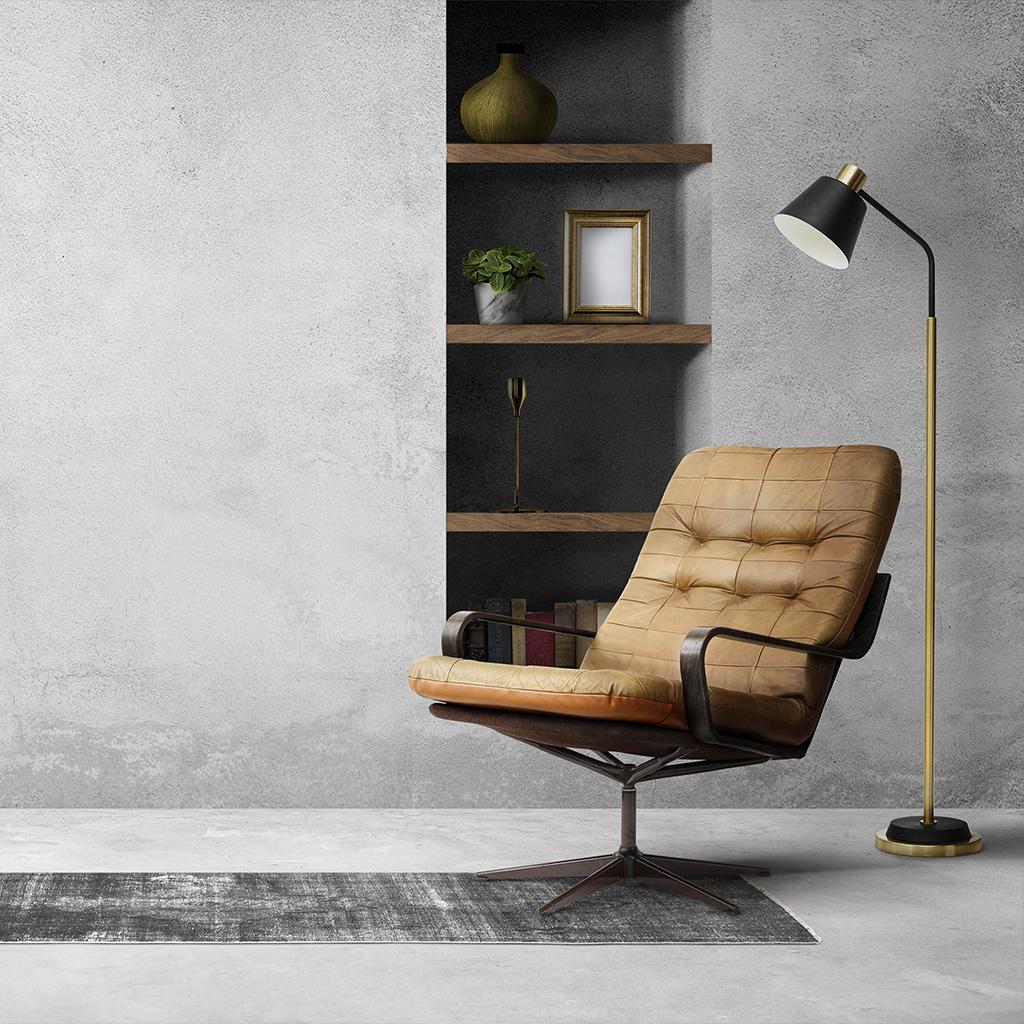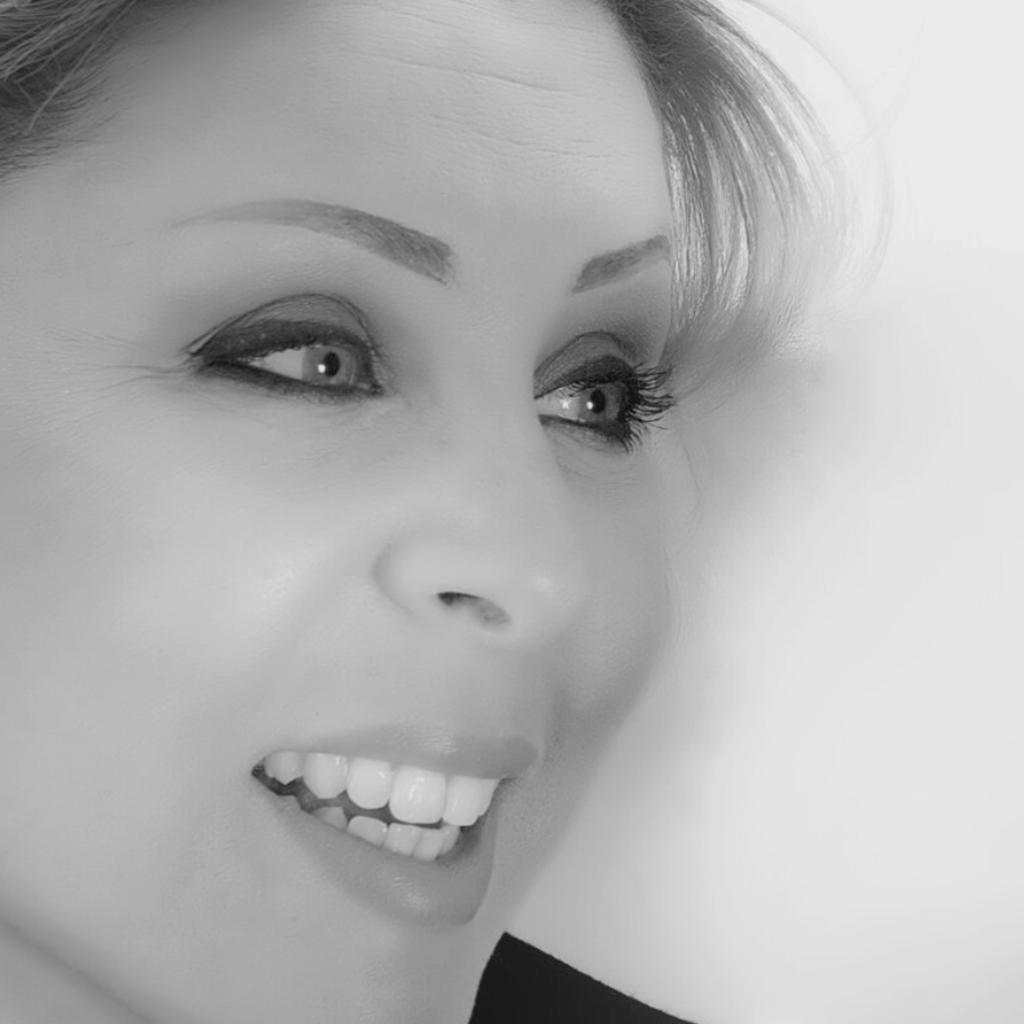
Written by: Yasmeen Ebada
Date: 2020-12-02
The woman behind multi-award-winning interior designs
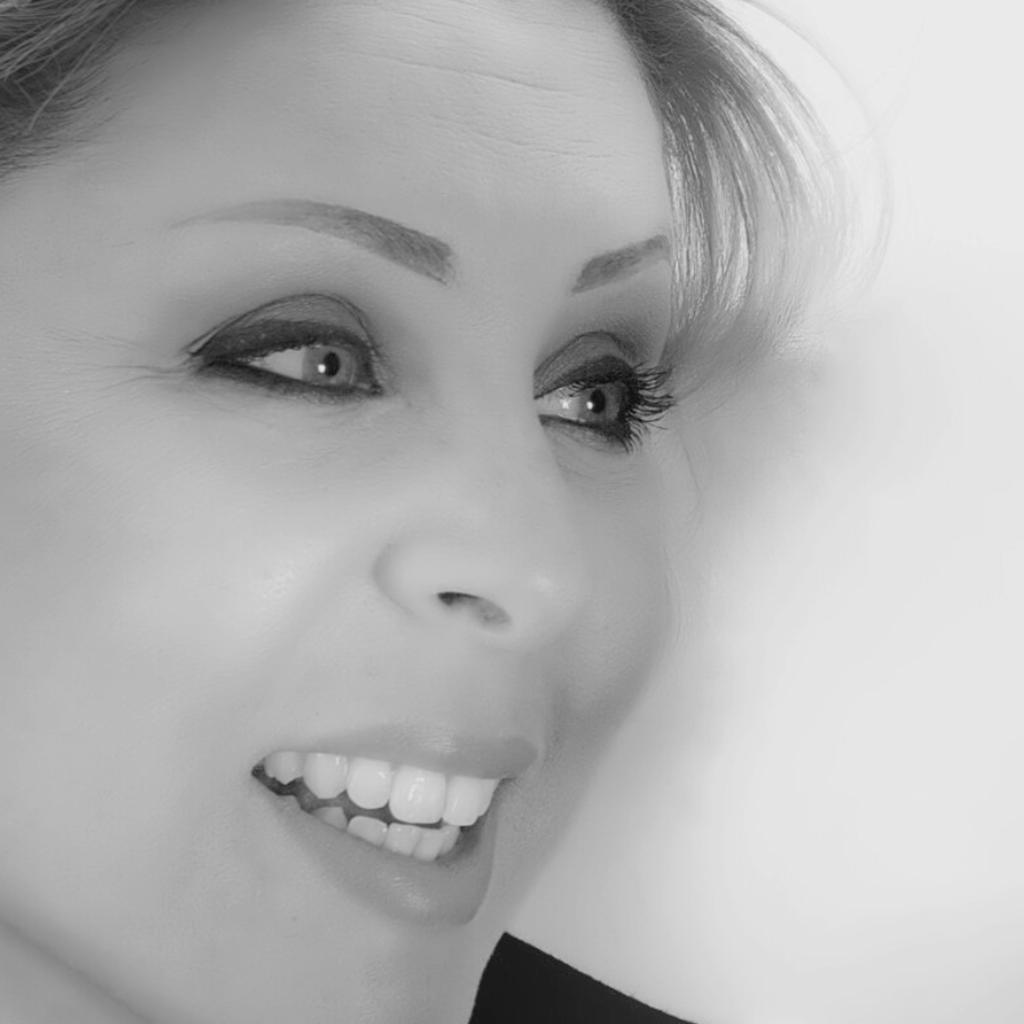
The woman behind multi-award-winning interior designs
“It’s easy to get a modern sofa and put it in a modern interior. My work is doing the difficult black Chanel dress,” said the internationally recognized interior designer.
Nihal Zaki is not a small name in the world of interior design. An Egyptian native, Zaki graduated with honors from the American University in Cairo and stumbled upon interior design by accident. She majored in economics with a minor in general business and psychology. Upon graduation, she worked as an economic researcher in the American Chamber of Commerce. However, she realized that was not her true calling. She quit one year later.
Zaki has always had an eye for interior design. Her family loved collecting antiques, and when she was younger, they frequently traveled to Paris and Provence. It was on those trips that Zaki’s love of architecture grew.
A prominent Egyptian architect recognized Zaki’s talent and offered her an internship. It later turned into a full-time job. In his gallery, she helped style the windows; she worked on designing the furniture, styling the showroom, and helped them think of new design ideas. She loved it. That was her inauguration into the world of interior design.
It was her passion. The architect gave her a shot, and she took it. She was lucky, she said. She then decided she should pursue her passion further. After a few months, she relocated to London, England to study interior design at the Inchbald School of Design. Upon graduation, she returned to her home and launched Nihal Zaki Interiors in 1999.
Her career has skyrocketed since then. She started with no help. She met her clients on sites; she worked in design, upholstery, and carpentry.
“I bring my designs to life,” she said. “I’m always inspired by everything and anything. I’m inspired by fashion, fabrics, Camden Town in London, and by Prague’s architecture.”
Growing up, Zaki’s mentors were either athletes or schoolteachers.
“I never had someone within the field who I followed or looked up to. Never. I try to become a better version of myself. I compete with myself. I evaluate what I have done and what I could do. I want to reach my maximum potential, and that is why I’m my own mentor. I want to do better,” she said.

Despite her success, Zaki is critical of her own work and is always searching for where her mistakes are.
“I take a limited number of projects per year because I care more about the quality of my work and not the quantity,” she said. “There is no price tag on real artistic work.”
Zaki is proud of her Egyptian heritage, and she hopes that her success can show the younger generation of Egyptian women that they too can reach their maximum potential.
“I am all about female empowerment,” she said. “I am 100% made in Egypt, and I am proud of that.”
Zaki enjoys showcasing her work when she travels to attend international competitions. She is proud of her made-in-Egypt products.
“It is nice to be an ambassador of the country and to be well spoken of outside of Egypt,” she said. “My work is like haute couture but in design and done by an Egyptian female.”
Apart from residential projects, Zaki has also worked on commercial projects, on food and beverage projects, and, when she needed a break from residential work, on events styling.
“I was having fun during the events phase. I needed to have inspiration. I needed to reinvent myself. It was exciting, and it gave me an adrenaline rush,” she said. “I’ve done everything. I am an artist, and the sky is the limit for the artist. An artist can design anything from a perfume bottle to the interiors of a spaceship.”
One of Zaki’s favorite rooms that she designed was the Chinese bathroom in the multi-award-winning private house in the El Karma residence in Cairo, Egypt.
“I like a challenge, and I like irregular spaces. Normal spaces, without any curves or columns, are boring for me,” she said. “My work is timeless. It does not run out of fashion. It’s not modern. It’s not acquired or bought from Milan.”
She strives for authenticity, she said.
“This is the type of work that I like to do, and I believe it could stand the test of time,” she said.

Another aspect that she enjoys about residential work is the relationships that she develops with her clients, and she enjoys learning something new from each client. In residential work, the designer gets to know intimate details about their client’s life, she said.
“Hospitality, commercial, corporate, and retail projects are fun. I have done that, but in residential work you touch people’s lives and you see them happy. It touches your life too,” she said. “Residential work is more authentic, more elegant and chicer.”
When she first started, Zaki wanted to work on nice projects, to create and to innovate. Now she wants to leave a legacy. She wants to teach when she retires. She shared that her office has a reputation as one of the most hardworking interior design firms in the country. Therefore, there are a lot of young interior designers who want to intern and work at the firm.
“Some people just show up to the office and ask if they can pay us for an interior design course,” she said.
In addition, the firm is known for executing their projects. All the work that they post on social media has been executed.
Her retirement dream is to have a proper interior design school that focuses on design, execution, furnishing, and production. Another important part of the job is learning to deal with and manage clients. She believes that interior designers should study psychology as well.
“This job is crisis management. You might have amazing ideas, but you need to be able to communicate this idea to your client and to have your client accept it. You need to reach out to the client and speak their language,” she said. “Very few clients know what they want. You need to go inside their heads to understand what they like so you could transform it into interior.”
The design is all about the client’s personality, she said. An interior designer walks out at a certain point, but the client lives in this space, and that is why having a basic knowledge of psychology is crucial in this industry, she said. Every client’s needs are different. Sometimes clients prefer functionality over practicality, and some clients prefer style over design. For example, the client of the El Karma residence prefers beauty, antiques and luxury.

“Everyone has something that is super important to them, and it is my job to connect the dots. My job is to see the criteria and to make it functional and practical, embody the character, and represent the client,” she said. “You can’t drop one of those, and it’s timeless. This is not a dress you are buying that you could decide to never wear again. It’s not a trend that eventually dies. It is your home.”
Being her own mentor, Zaki has always known what she wanted to do, and there is nothing in the world that could have stood in her way of starting her own firm.
“One piece of advice I could give people is that there is nothing in the world that can deter you from what you want to accomplish. Irrespective of any distractions, you keep your eye on the target and move forward,” she said. “This is what you need to do. If this is your passion, you pursue it. Hard work pays off. I wasn’t waiting for people to give me advice.”
The hardest client, according to Zaki, is the one that understands interior design. Most of Zaki’s clients have an understanding of interior design, are educated, well-traveled, and well-read. Some clients love this. It’s their passion. Those clients are usually collectors, love antiques and love vintage pieces. Most of them have traveled and stayed in top-notch hotels and mansions, and they want to replicate their experiences into their living space.
“That is why psychology is important in this field because I need to speak their language to materialize it into their space,” she said.
Part of Zaki’s job is to continue educating herself. Despite her success, she still needs to stay up to date with the industry. For example, visiting museums, old churches, or a winery in the countryside, helps her gain inspiration for future projects.
One of the things that make her designs stand out is her pursuit of diversity. She does not replicate her designs.
“If a client commissions a designer to do their home, their space, their office or their table, it has to represent the person. You have to be able to reinvent your style,” she said.

Her latest project was The Museum, a private restaurant and bar on the banks of the Nile River in Cairo.
“I wanted to do something authentic and baroque that accommodates an older generation. I wanted to create a space that provides a subtle experience of fine dining,” she said.
Within the hospitality sector, when creating a restaurant, for example the Downtown Restaurant, Zaki and her team were focusing on creating an atmosphere where everything syncs together.
“People are stirring away from the clubbing scene. They want nicer and more refined experiences, good cuisine, good music, and good interiors,” she said. “People want the whole environment. They want the whole facade. They want everything.”
“When I reference fine dining, I’m referencing music, interiors, the senses, the smell, and the food. It is a worldwide trend. You are paying for the experience.”
In terms of business, the global pandemic has not affected Zaki. The business was still booming. However, Zaki noticed that people have become more practical, they want things that last longer, are more economical, and have become more space and budget-oriented. They don’t want things to be so clustered. On a personal level, it did make her gain a rather fresh perspective on life.
“It made me realize the time spent with family and friends is valuable. I was always working before the pandemic,” she said. “It made me want to spend more time with my family. I used to work on Friday.”
Check Zaki’s website for more information on her projects.
